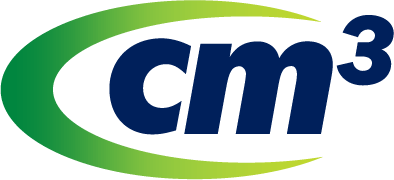What not to flush?
Keeping the outdoors beautiful starts indoors
Maintaining a clean household resonates with everyone, mirroring the desire to inhabit a pristine coastal city. Yet, seemingly benign household practices might inadvertently lead to blocked pipes and environmental harm. Each day, nearly five million individuals contribute to Sydney’s wastewater system.
Given this interconnectedness, individual actions hold significant cumulative impact, emphasizing the collective responsibility in making positive choices.
What's the problem?
Annually, a significant amount of bathroom and kitchen waste totalling hundreds of tonnes is extracted from our waterways and wastewater systems. This accumulation presents a financial and environmental burden.
The primary culprits behind blocked pipes include:
- Disposing of wet wipes and other bathroom products via the toilet.
- Washing down cooking fats and leftover food particles into the sink.
When these oils encounter the cooler temperatures of wastewater pipes, they solidify. Joining forces with items like wet wipes, they create robust obstructions known as ‘fatbergs’. Such blockages can lead to disastrous overflows, posing both health and environmental risks, as wastewater can surge back into homes, gardens, and local aquatic environments.
Furthermore, dealing with these obstructions often comes with the added strain of costly plumbing repairs.
Do not flush in the bathroom & Keep a bin in your bathroom for:
- Wet wipes
- Cotton buds
- Sanitary items
- Cleaning cloths
- Tissues
- Dental floss
- Any other rubbish
The ideal and safest items to flush are succinctly summarized as the three Ps: pee, poo, and toilet paper.
Contrary to some product labels, many wet wipes—despite being marketed as ‘flushable’—are unfit for such disposal. In fact, they account for up to 75% of all blockages.
For environmental considerations and sanitation, the best disposal method for household waste is straightforward: use the bin, and avoid resorting to the sink or toilet.
Kitchen tips
- Direct food scraps to the bin or compost heap.
- Pre-wipe pans and dishes showing grease traces with a paper towel before the main wash.
- Deposit used oil, fatty residues, or expired milk into a container for bin disposal.
- Employ a sink strainer to intercept minor food fragments.
Adhering to these guidelines not only safeguards your pipes and the environment against obstructions but also curtails potential plumbing expenses.

